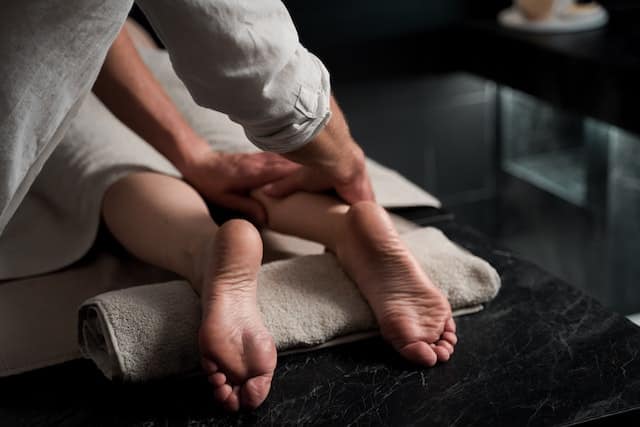Table of Contents
Identify your self-care needs.
The first step in making time for self-care is to identify your specific needs. This will vary from person to person, but some common self-care practices include exercise, meditation, spending time in nature, reading, or simply taking a relaxing bath. Take some time to reflect on what activities make you feel most rejuvenated and refreshed, and make a list of these practices. This will help you prioritize your self-care time and ensure that you’re focusing on the activities that are most beneficial for you.
Schedule self-care time into your daily routine.
One of the most effective ways to make time for self-care is to schedule it into your daily routine. This means setting aside a specific time each day for self-care activities, just as you would for work or other important tasks. Whether it’s waking up 30 minutes earlier to meditate, taking a lunch break to go for a walk, or winding down with a book before bed, make sure to prioritize your self-care time and stick to your schedule as much as possible. Remember, taking care of yourself is just as important as taking care of your other responsibilities.
Learn to say no and set boundaries.
One of the biggest obstacles to self-care for busy people is the tendency to overcommit and take on too much. Learning to say no and set boundaries is essential for making time for yourself. This means being honest with yourself and others about what you can realistically handle, and not feeling guilty for saying no when you need to. It also means setting clear boundaries around your time and energy, and not allowing others to take advantage of your willingness to help. By prioritizing your own needs and setting healthy boundaries, you’ll be better able to make time for self-care and maintain a healthy work-life balance.
Practice mindfulness and relaxation techniques.
Mindfulness and relaxation techniques are great ways to make time for self-care, even when you’re busy. These practices can help you reduce stress, improve your mood, and increase your overall sense of well-being. Some popular mindfulness and relaxation techniques include meditation, deep breathing exercises, yoga, and progressive muscle relaxation. You can practice these techniques at home, at work, or even on the go, making them a convenient and effective way to prioritize your own needs and take care of yourself.
Find support and accountability.
It can be difficult to prioritize self-care when you have a busy schedule, but finding support and accountability can make it easier. Consider joining a support group or finding a friend who also wants to prioritize self-care. You can hold each other accountable and provide encouragement and motivation. Additionally, consider seeking professional help from a therapist or counselor who can provide guidance and support in your self-care journey. Remember, taking care of yourself is important and seeking support is a sign of strength, not weakness.
























